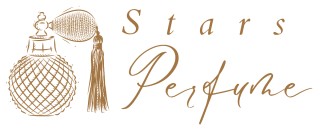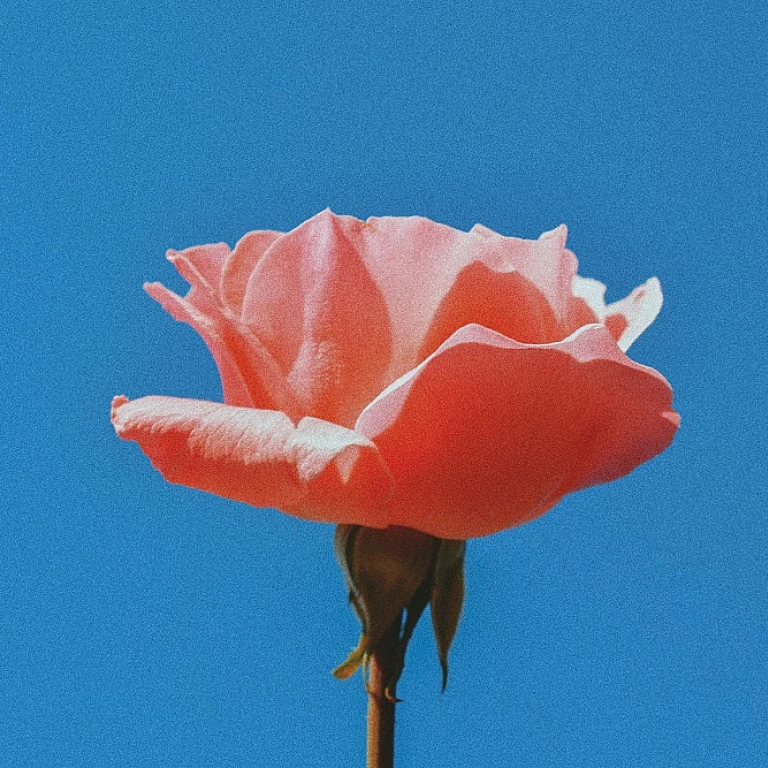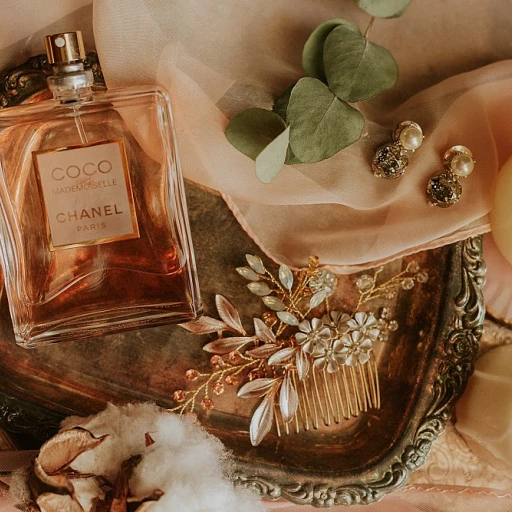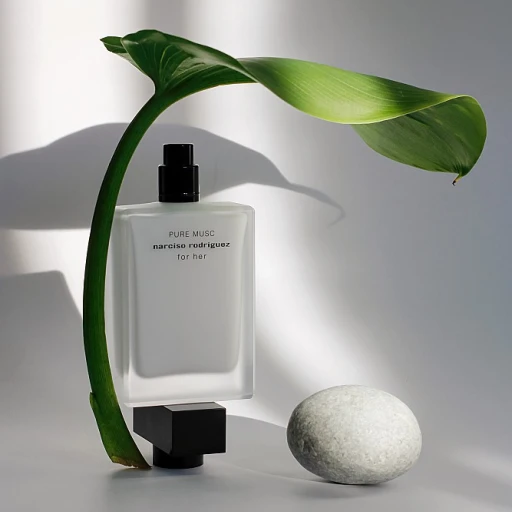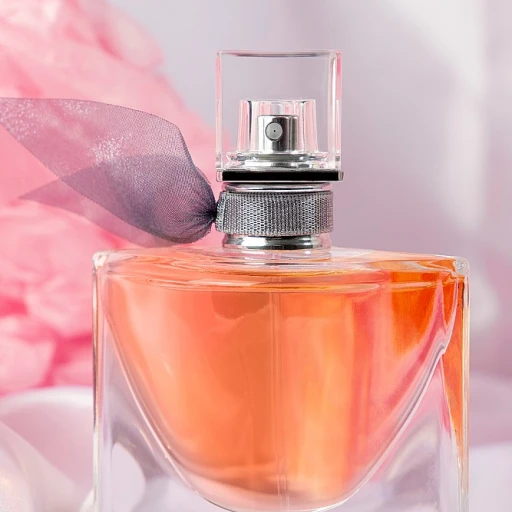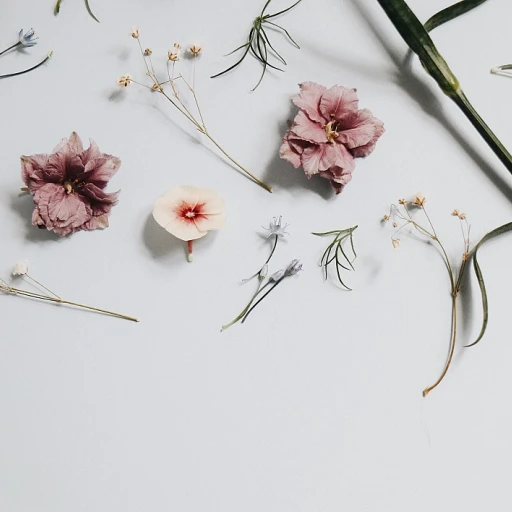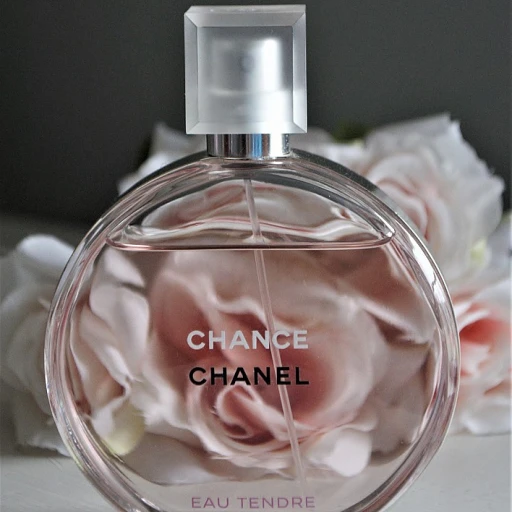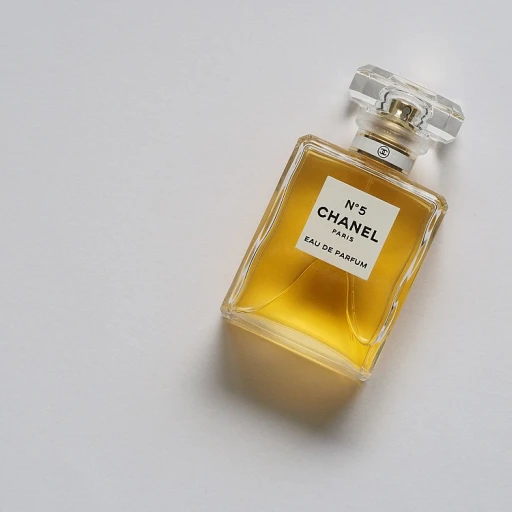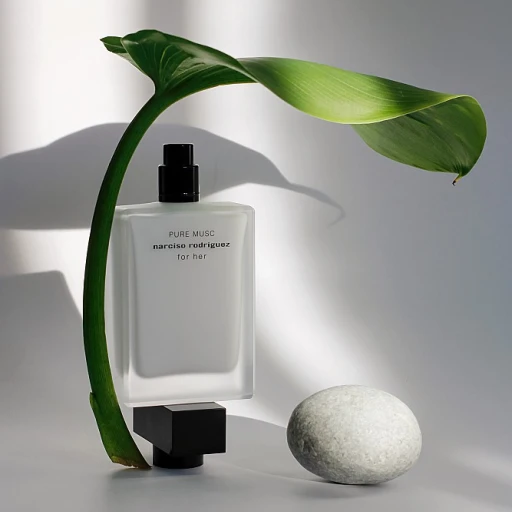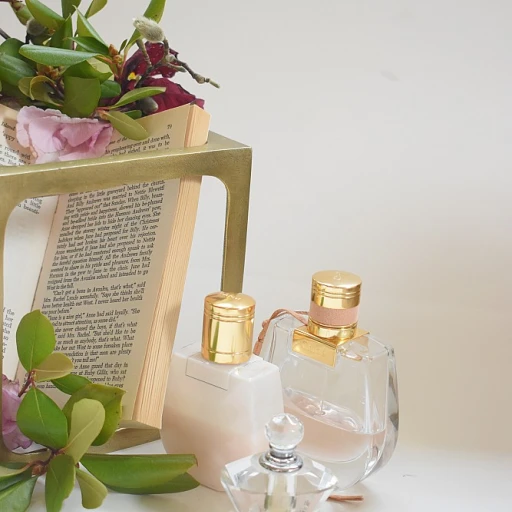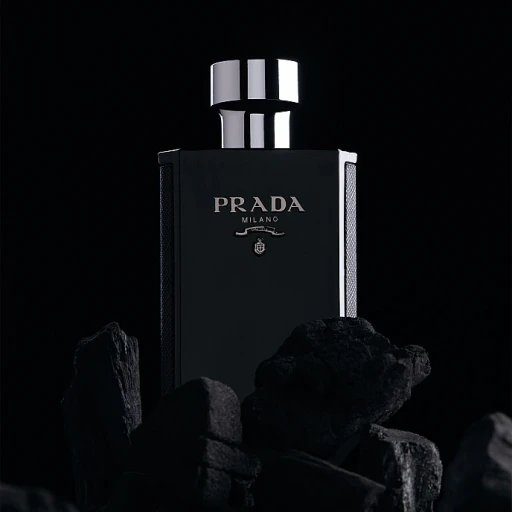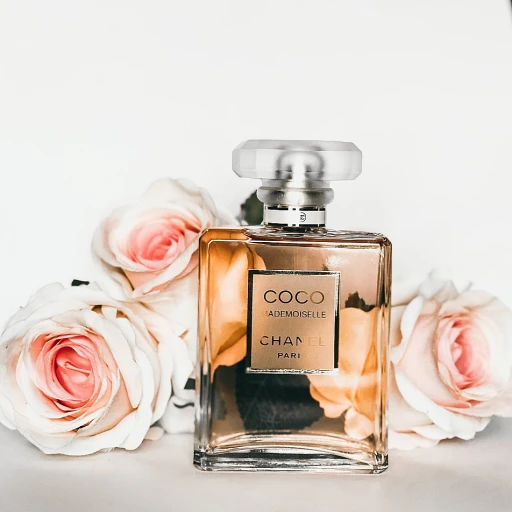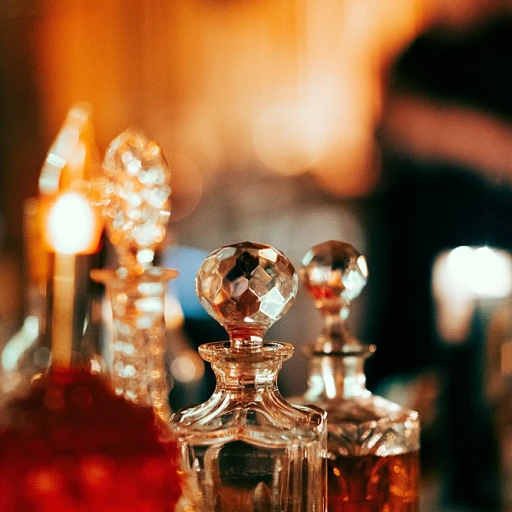Understanding the Honey Perfume Rose Bush
Exploring the Unique Scent
When we talk about the honey-scented rose bush, we're discussing a captivating blend of nature's finest elements, culminating in an irresistible fragrance that captivates the senses. The honey perfume rose, renowned for its distinct aroma, presents itself as a quintessential addition to any rose garden.
These roses are celebrated not only for their alluring scent but also for their visual appeal. The blooms, often seen in a stunning apricot yellow hue, offer a harmonious blend of elegance and olfactory enchantment. It's no surprise that these roses have become a favorite among gardening enthusiasts seeking both beauty and fragrance.
The Ideal Conditions for Growth
To ensure these roses thrive, they require specific conditions akin to those necessary for nurturing any delicate plant. For optimal growth and fragrance, honey-scented roses should be planted in well-drained soil. They flourish under full sun, needing both the warmth of sunlight and adequate hydration through consistent watering.
Seeking out bare root roses can be advantageous. These often arrive via shipping when purchased online, saving the buyer from worrying about transporting a potted plant.
Bringing the Experience Home
If you're planning to bring this delightful aroma to your garden, consider purchasing rose seeds or ordering bare root stock. Many shops offer these for pre-order, ensuring they'll arrive just in time for the planting season.
With careful attention to disease resistance, buyers can rest assured that their investment in honey-scented roses will be both a feast for the senses and a valued addition to their garden's aesthetic.
Would you like to learn more about why fragrance enthusiasts are captivated by floral scents? Explore the rose-inspired allure in
this article.
The Science Behind the Scent
The Science Behind Floral Aromas
The enchanting fragrance of honey-scented rose bushes captivates due not only to its delightful aroma but also its fascinating scientific composition. A unique combination of natural chemicals in these roses is responsible for producing the honey perfume that enthusiasts so fondly adore.
Roses owe their fragrance largely to essential oils and volatile organic compounds (VOCs) produced during blooming. These VOCs, such as geraniol and citronellol, play a significant role in crafting the distinct aroma profile of roses, reminiscent of nature's sweet nectar—honey. Factors such as genetics, soil composition, and environmental conditions contribute to variations in the strength and quality of the scent produced by rose bushes. Floribunda roses, hybrid teas, and a variety of Austin roses are favored for their robust and potent scents.
The unique aroma of honey-scented roses is not only pleasing but also practical. This fragrance serves as an olfactory signal for pollinators, guiding them towards the flowers, thus aiding in the reproduction of these plants. Achieving the best results from these aromatic blooms depends on strategic cultivation techniques in the garden. Rose plants, whether grown from seeds, pre-ordered stock, or bare root roses, require attentive care. Ideal conditions include planting in well-drained soil, ensuring sufficient sun water exposure, and selecting disease-resistant varieties for a lush rose garden.
As buyer demand for natural and alluring fragrances like honey perfume continues to rise, the interest in uniquely scented rose bushes sees steady growth. With an understanding of the science behind such captivating scents, enthusiasts can embrace the full potential of these botanical treasures in their own gardens or within the broader perfume industry.
For a deeper dive into the science of fragrant ingredients in perfumes, check out this insightful article on
the allure of vanilla and coconut in perfumes.
Cultivating Honey-Scented Roses
Establishing a Thriving Rose Garden with Honey-Scented Roses
Cultivating honey-scented roses in your garden is both an art and science. The allure lies not just in their delicate blooms but also their enchanting fragrance, a fusion of sweet honey and classic floral notes. To ensure these plants thrive and flourish, consider the following key aspects when starting your rose garden.
- Choosing the Perfect Location: Honey-scented rose bushes, particularly varieties like floribunda and hybrid tea roses, thrive best under full sun. Ensuring your garden receives ample sunlight is crucial for the plants to produce the intoxicating fragrance you desire.
- Optimal Planting Conditions: When ordering your rose seeds or bare root roses, assure that the soil is well drained to prevent water logging, which can negate the growth and disease resistance of these sensitive plants. Including apricot yellow and other varieties like Austin roses can add a spectrum of colors and scents to your garden arrangement.
- Purchasing Quality Rose Stock: As a buyer, always prioritize sourcing rose bushes from a reputable shop or nursery. Whether you’re buying in bare root form or as rose plants, check the quality of the stock to ensure robustness. Most reputable sellers allow you to pre-order, ensuring timely shipping and delivery.
- Nurturing Your Plants: Once planted, ensure consistent care. Regular watering, while avoiding over-saturation, helps in nurturing their growth. Furthermore, integrating disease resistance practices is vital, as it mitigates potential threats and maintains both plant health and fragrance quality.
This meticulous establishing process will result in a garden that not only attracts admiration but provides the raw essence needed for honey perfumes. For a deeper understanding of how these florals integrate into heart notes of fragrances, visit our
in-depth guide on perfume heart notes.
Honey Perfume in the Fragrance Industry
The Role of Honey-Scented Roses in Perfumery
The perfume industry has long appreciated the complex and alluring fragrances offered by roses, especially those with a unique honey scent. This captivating aroma elevates the honey perfume within the realm of florals, offering a rich, enchanting sensory experience that complements various notes in perfumes.
To understand its significance, it's essential to recognize the varietals that contribute to this fragrance narrative. The honey-soaked aroma of floribunda and hybrid tea roses, with their disease-resistant properties, are particularly valued. Grown predominantly in well-drained, sun-drenched rose gardens, these roses mature into hearty plants, offering a plentiful stock for perfume makers.
As the demand for natural aromas grows, buyers seeking sustainable options are keen to place their orders early. The rose seeds and bare-root roses, often available for pre-order, cater to diligent collectors who understand the intricacies involved in nurturing these plants to full bloom. By patiently waiting for their rose bushes to mature, they are rewarded with the apricot-yellow blossoms that define the honey perfume rose category.
This dedication translates into the global perfume market, where these unique scents add depth and character. From boutique shops in the United States to larger distributors, the charm of honey-sweet rose aromas is universally acknowledged. The expertise required to craft perfumes capturing this essence is a testament to the industry's creative artistry and technical prowess. As new varieties like Austin roses are developed, the potential combinations within the perfumery realm continue to expand, promising even more aromatic experiences for enthusiasts and professionals alike.
The Emotional Impact of Honey-Scented Roses
The Power of Roses Beyond the Garden
In the world of aromas, honey-scented rose bushes offer more than just a delightful bouquet. These plants have an undeniable charm that extends beyond their physical beauty. When cultivated in a rose garden, particularly with varieties like floribunda rose or hybrid tea, their sweet scent has the power to evoke a unique range of emotions.
Planting these roses, especially with well-drained soil and roots that flourish under full sun, can elevate the ambiance of any garden. For buyers and garden enthusiasts in the United States, acquiring these rose plants, whether through pre-order or direct purchase, can significantly enhance the sensory experience of your backyard haven.
The emotional impact of these roses doesn't end with the garden. Their enchanting aroma transforms into an evocative perfume that is cherished within the fragrance industry. Those who shop for honey perfume or honey-scented rose products do so not just for the fragrance, but for the nostalgic and comforting feelings they evoke. As rose seeds mature into root roses, the journey from seed to scent symbolizes not only growth but also a deep-rooted connection to nature's best offerings.
Furthermore, the gentle blend of apricot yellow hues in these roses adds a warm visual attraction, complementing their olfactory allure. David Austin's collection of austin roses is renowned for such combinations, providing an array of choices for both novice and seasoned gardeners alike.
Whether you order bare root stock to start your rose garden or choose a well-established rose bush, the resulting fragrance is sure to captivate. As seasons change year after year, these roses will continue to thrive, anchoring their emotional impact and aromatic presence in the cycle of nature. The careful cultivation of these roses, with attention to disease resistance and maintenance, ensures that their heartwarming scent remains a garden favorite year after year.
Future Trends in Floral Fragrances
Emerging Innovations in Floral Fragrances
The ever-evolving fragrance industry is poised to embrace new trends in floral scents, particularly with honey-scented roses leading the charge. As discussed previously, roses offer a rich tapestry of scents that have always been in vogue. With their honey-like fragrance, hybrid tea roses and floribunda rose varieties are particularly noticeable.
To keep up with the rising demand, fragrance manufacturers are experimenting with more sustainable methods. Florists and gardeners are focusing on disease-resistant rose bushes, which are crucial for maintaining vibrant rose gardens year after year. By selecting well-drained soil and full sun environments, these gardens thrive, producing plants that serve as inspiration for the next generation of perfumes.
In the coming years, we may witness a more significant shift toward innovative breeding techniques. These methods include creating apricot yellow blooms and other exotic variations, which not only capture the interest of the buyer but also add depth to the perfume industry. Additionally, the expansion of online platforms allows enthusiasts to easily order rose seeds or bare root roses, making the cultivation process accessible.
Garden markets in the United States have seen an increase in pre-orders for David Austin and Austin roses. Their stock is consistently praised for resilience and elegance, providing an excellent base for both personal and commercial fragrance endeavors. This intersection of botany and olfactory art continues to pave the way for new creations, ensuring that the allure of honey perfume remains a timeless piece of this fragrant tapestry.
Ultimately, as we look to the future, we see an industry continually embracing change while holding onto the sweetness of its roots—both literal and figurative. The seamless integration of nature and luxury reinforces the timeless connection between our gardens and the world of perfumery.
